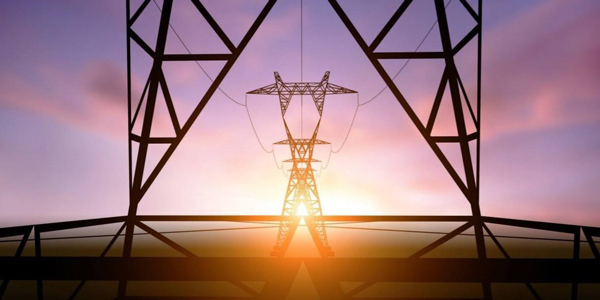MISO is down to two options to curb generation developers’ ability to change their proposed projects’ fuel type in the interconnection queue.
Ryan Westphal, MISO manager of resource utilization, said the RTO may use either a combination of a new selection on its interconnection application that temporarily leaves the door open to the fuel change, or a hard deadline on when interconnection customers can make that change.
The issue stems from a MISO Moves to Constrain Mid-queue Fuel Changes.)
Leeward Renewable Energy Development has a wind project currently in the DPP. The developer wants to convert the project to solar energy while also retaining its position in the queue. MISO has expressed concerns that allowing fuel-type changes in the DPP could delay studies and allow developers to submit speculative or ill conceived projects.
Staff may introduce a check box on interconnection requests where the customer could preserve its option to switch fuel types. That would have the RTO studying the interconnection request at 100% dispatch of the most conservative fuel type until the customer can confirm its fuel type.
Speaking at an Interconnection Process Working Group teleconference Tuesday, Westphal said MISO might also create a fixed deadline for interconnection customers to name any fuel changes. He cautioned that proof-of-site control is predicated on fuel type. For instance, a wind farm usually requires more acreage than a solar array or storage facility. He said flexibility in fuel types “would create difficulty in processing site-control documentation.”
Customers in MISO’s interconnection queue must demonstrate 100% site control 90 days before their proposed projects enter the DPP.

| MISO
Westphal said MISO would most likely disallow fuel-type changes after the queue’s second decision point, which occurs roughly 220 days after the DPP begins. He said staff would make an exception for interconnection customers who want to apply to use surplus interconnection service after the second decision point. He said it’s MISO’s preference to not allow fuel type changes while engineers are conducting studies.
The two surviving options are down from four that MISO initially offered.
A previous MISO suggestion to study every interconnection request at a 100% output proved unpopular among stakeholders because it would have created unnecessary transmission upgrades.
“This option is out the door. We’re not even looking at it anymore,” Westphal said.
Stakeholders also said they didn’t want MISO to place a blanket ban on fuel-type changes in the DPP.
Westphal said stakeholders seem most interested in fuel changes that involve adding storage to existing projects.
“It feels like the feedback we’re getting focuses on the option to add storage to an existing interconnection request,” he said. “Because of that, we did try to mold our proposal around that.”
Entergy’s Yarrow Etheredge asked whether MISO considered that a late storage addition to a generation project could be classified as a technological advancement instead of a material modification.
Westphal said too many storage additions to existing project proposals would still burden the study team.
“If we’ve got 10 of these stacked up, do we delay the decision point while we study all of them?” he asked rhetorically.
Etheredge said it’s incumbent on the interconnection customer to have already completed a study to make sure that the technological advancement wouldn’t have an adverse impact on other generation projects in the queue.
Nevertheless, Westphal said that storage additions in the DPP would introduce new dispatch assumptions that have not been studied until that point.
Westphal said MISO would consider some changes to its proposal. He promised he would return in January with a more final proposal that could be filed at FERC as soon as June.




